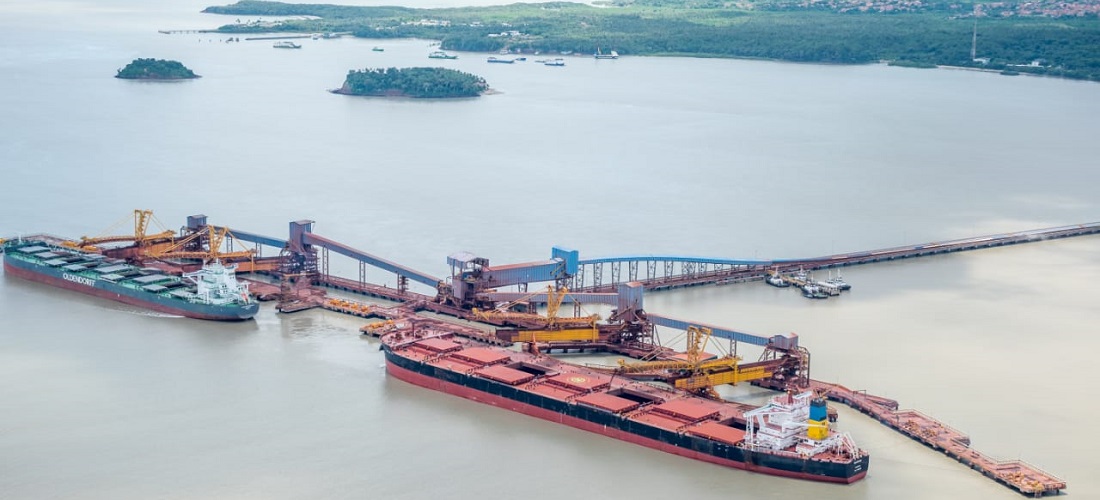
Port of Itaqui stands out in fertilizer imports in Brazil
Aug, 21, 2019 Posted by Sylvia SchandertWeek 201935
From January to July 2019, the Port of Itaqui in Brazil imports more than 1m tons of fertilizer. The volume is 5% higher than in the same period of 2018. If we consider all of last year, almost 2m tons of fertilizers were discharged in the public port of Maranhão. The expectation is to close 2019 well above this mark.
The importation of fertilizers by the Port of Itaqui is an excellent alternative as a return cargo. This is because the place is the main outlet for grain production (soy and corn) in the Midwest region of Brazil. Itaqui is in the top three in soybean outlets among Brazilian public ports and is the fifth in the importation of additives for agricultural production.
The following chart, based on data from DataLiner, shows the Brazilian ports that moved the most fertilizers from 2009 to 2018:
Source: Datamar
Russia, Egypt, and Israel are the main sources of fertilizers handled by the Port of Itaqui, accounting for 51% of the total. According to the National Fertilizer Dissemination Association, in 2018 Brazil consumed 35.5m tons of fertilizers. Of this total, only 8.1% is produced in the country, which imported 77% of what was delivered to the market, which is equivalent to 27.7m tons.
The chart below, based on data from DataLiner, shows the fertilizer trade deficit in Brazil from 2009 to 20018:
Source: Datamar
To meet this demand for fertilizer imports, Maranhão’s public port in Brazil is making an investment of R$140m in COPI (Port Operator Company of Itaqui) for a new fertilizer terminal, with works that have already started. The project foresees the construction of a warehouse with capacity for 80,000 tons and will allow the movement of up to 3.5m tons of fertilizers per year.
The new structure will be the most modern in the country for this type of operation, with interconnection of the warehouse to Itaqui berth 101. COPI’s lease covers an area of 16,000 square meters for the handling of solid bulk and general cargo.
The last chart with DataLiner data shows the main countries of origin of the fertilizer imported by Brazil from 2009 to 20018 (by all ports):
Source: Datamar


